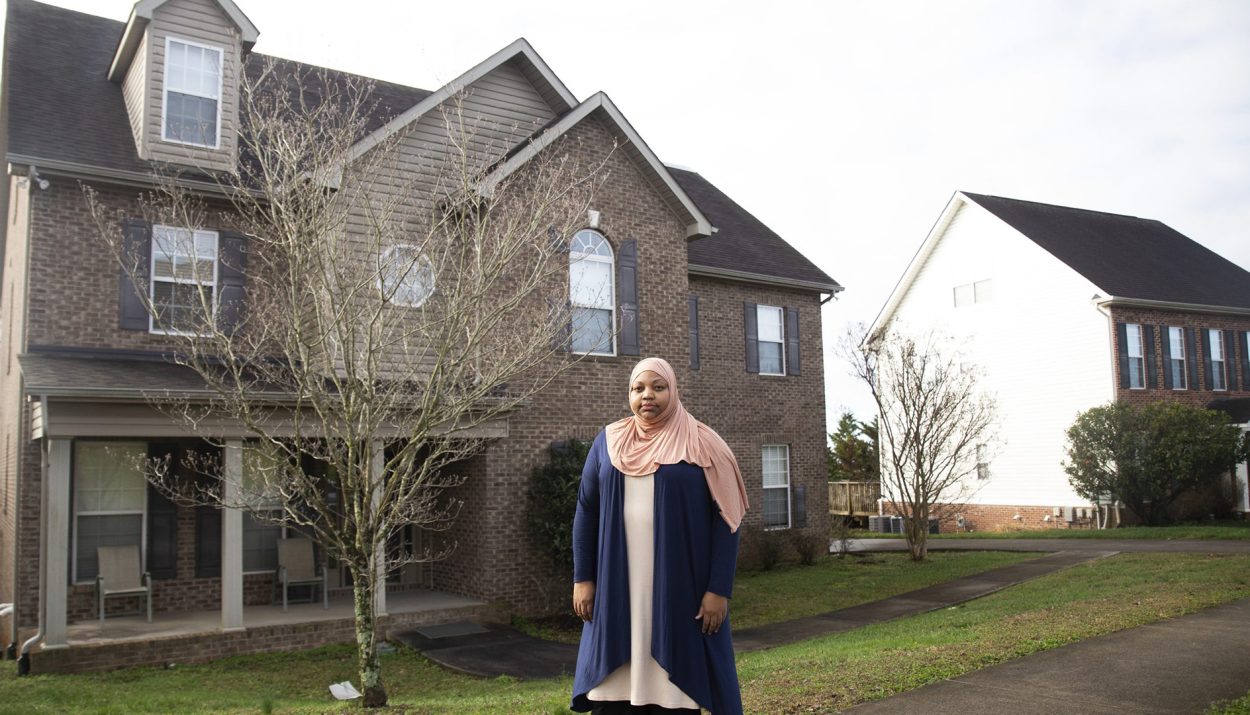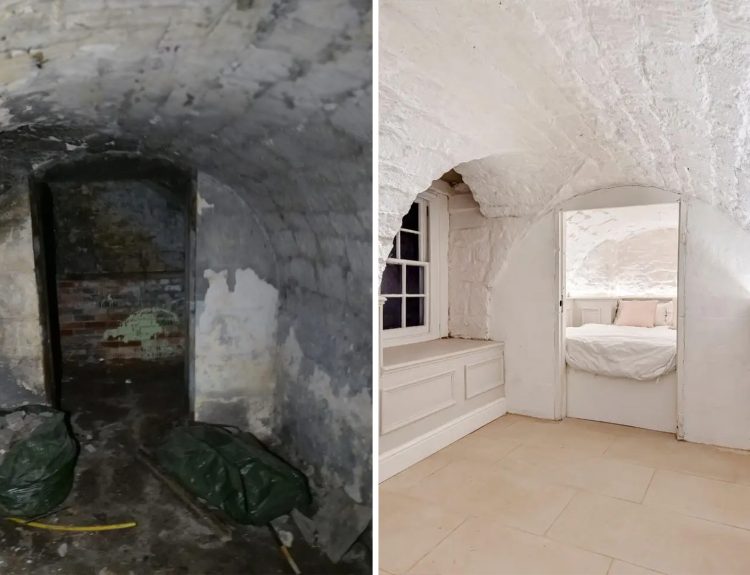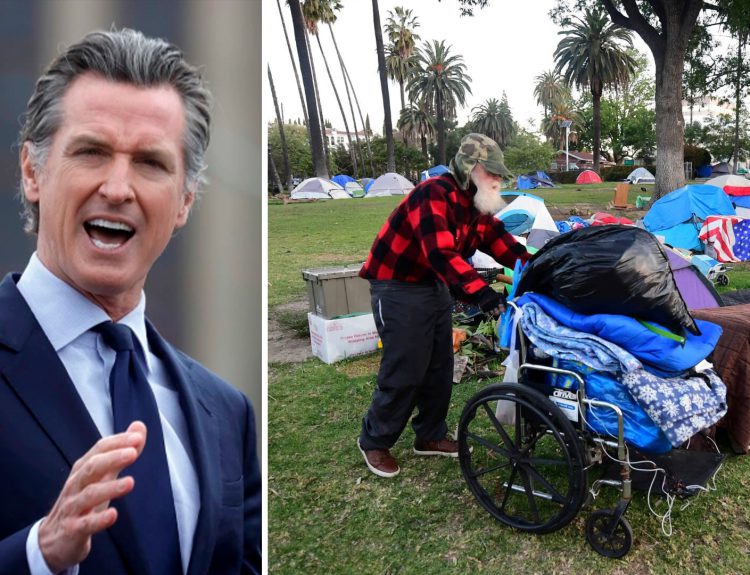Health insurance in America is a challenging conversation to have. Buying from the public marketplace is oftentimes too expensive fore most Americans, and there is no public option beyond low-income entitlement programs and Medicare for the elderly. There are, unfortunately, few options to choose in the wealthiest country in the world, leading to an epidemic of medical debt.
Entitlement Programs
The entitlement programs that do exist are things like Medicare, which is government-funded health insurance for the elderly, and Medicaid, which is for individuals who fall below a certain income level.

Most individuals in America rely on health insurance that is provided through their employer, though. It’s a practice that goes back to WWII, when inflation was high and, in order to incentivize employees to take new jobs for lower wages, benefits such as health insurance were added into job offers.
Healthcare for Profit
This has led to a system where health insurance companies operate for profit, and the jobs that provide them often are limited in the policies that they can choose. Companies will choose to keep employees at a part-time status rather than bringing them onto full time, even if they’re qualified for the position, simply because it saves them costs on benefits.

The practice of relying on employment-based healthcare has also slowed the conversation around public options for healthcare. There have been conversations about implementing single-payer healthcare in America for many years, and while the ACA was a step in the right direction towards a public option for citizens, it still wasn’t enough.
Other Problems with the Medical Industry
The problems with healthcare in America don’t stop at how the medical system works on a for-profit basis and the fact that health insurance is, by and large, inaccessible to many. There are more problems that come with even low-income insurance such as Medicaid, which many Americans are wholly unaware of.

One particularly cruel practice regarding Medicaid isn’t one that Medicaid beneficiaries need to worry about, not while they’re alive. But their children and next-of-kin relatives have found themselves on the receiving end of this problem, with sometimes dire results.
A Federal Rule Around Medicaid
The problem is around a federal rule, which requires that states are obligated to recover money from the assets of dead people who, in their final years, relied on Medicaid in order to help with medical bills and various types of end-of-life care.

Now, a person’s home is typically exempt from qualifying for Medicaid. However, it can be subject to the estate recovery process for those who were over 55 and used medicaid to pay for long-term care, such as nursing home stays or in-home healthcare.
An Ineffective, and Dishonest Program
Critics of this practice call it a “cruel” program. They also argue that the program collects too little, approximately 1%, of the more than $150 billion that Medicaid spends yearly on long-term care. In their eyes, this makes the program not only cruel, but also a little pointless.

Additionally, critics point out that many states don’t warn people who sign up for Medicaid that big bills and claims to their property might await their families once they die. They believe that this practice is not only dishonest, but might verge on criminal deception.
Sandy LoGrande: In Massive Debt
Dozens of people are caught up in the crosshairs of this particular rule every year. One woman, Sandy LoGrande, found herself subject to a $177,000 bill from the state of Massachusetts for her late father’s Medicaid expenses after he passed away.

At first, she thought that it was a mistake. The state was threatening to sue for her father’s home if she didn’t pay up quickly, and she was unaware of any rule that made that a possibility. She believed that, like other entitlement programs, Medicaid was paid for through taxes, and there were no costs to recoup after an individual passed away while enrolled in the program.
A Two-Year Legal Battle
This misconception led to a two-year legal battle between LoGrande and the state of Massachusetts. It started several years before his death in 2016, when LoGrande had turned to a local nonprofit to ask for advice regarding the care of her elderly father. The group suggested signing him up for Medicaid to help manage the expenses.
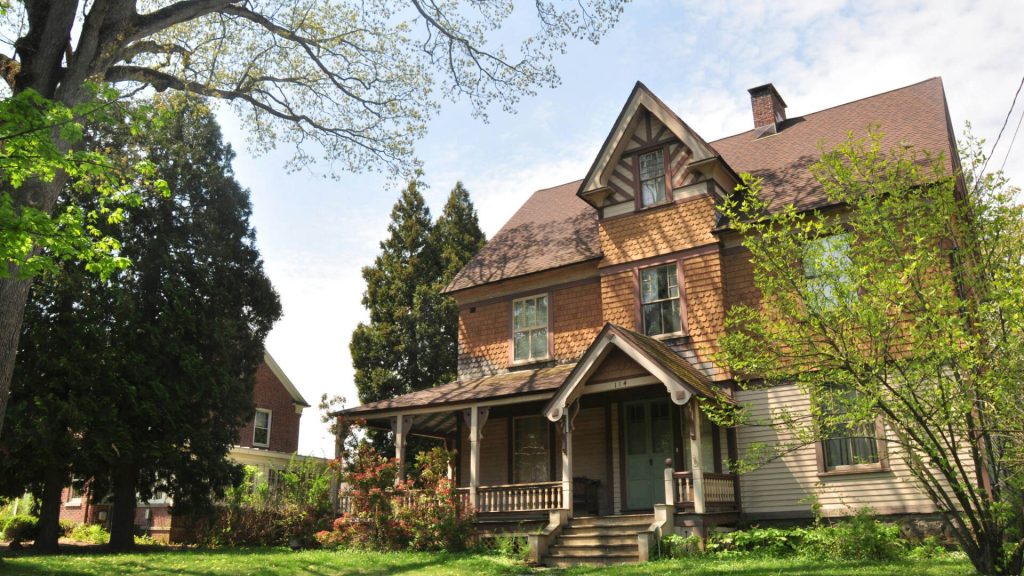
LoGrande, in an interview, even remembered asking the group about her father’s house, which was “everything” to him. The group assured her that the state would only seek the house if it sent her father to a nursing home.
Ultimately, Settled Out of Court
Her father qualified for Medicaid, and for years, received an annual renewal notice from the state’s Medicaid office. Nothing ever appeared to be out of order regarding his benefits, and it wasn’t until after his death that the state’s demand for nearly $200,000 arrived.

The legal battle was long and intense, and ultimately, the state settled with LoGrande in 2019 and released its claim on the house. That doesn’t mitigate the fear that she felt during the time, or the upset around the dishonest claims regarding her father’s medical care.
Varying Practices Across the Country
State policies regarding this particular practice vary around the country, according to a 2021 report from the Medicaid and CHIP Payment and Access Commission. This is a group that makes policy recommendations regarding the programs to Congress.

Some states will put a lien on a home, and some others don’t. Some Medicaid offices will try to recoup all medical costs from patients, such as standard doctor visits and prescriptions, and others will simply pursue the costs of long-term care. Some states – such as Alaska and Arizona – only pursue a few properties a year, other states go after thousands of homes, whose values total hundreds of millions of dollars.
Varying Levels of Profit, Too
The programs vary in their success. New York and Ohio topped the country for their collections, recovering more than $100 million combined in a single year, according to an investigation done by Dayton Daily News.

Other states reveal significant profitability. An investigation into the Kansas program, released by the Health and Human Services Department inspector general, found that the program was deeply cost-effective, yielding $37 million while only spending $5 million to recover the money.
Outside Influences
And this, like many aspects of the health insurance industry, is subject to outside influence. Last month, a foundation for one of the industry’s health insurance giants called on Massachusetts to overhaul its collection process, beyond the federal government’s minimum requirement to recover long-term care expenses.

The Medicaid and CHIP Payment and Access Commission’s report recommended that Congress reverse the law, though. It was passed in 1993, and the report recommends that the rule be overhauled and made optional, rather than obligatory.
A Cruel and Ineffective Obligation
This is because, according to some Democratic lawmakers, the bill is cruel and ineffective. Earlier this month, Democratic Rep. Jan Schakowsky of Illinois reintroduced legislation that would end the federal government’s mandate on the practice.
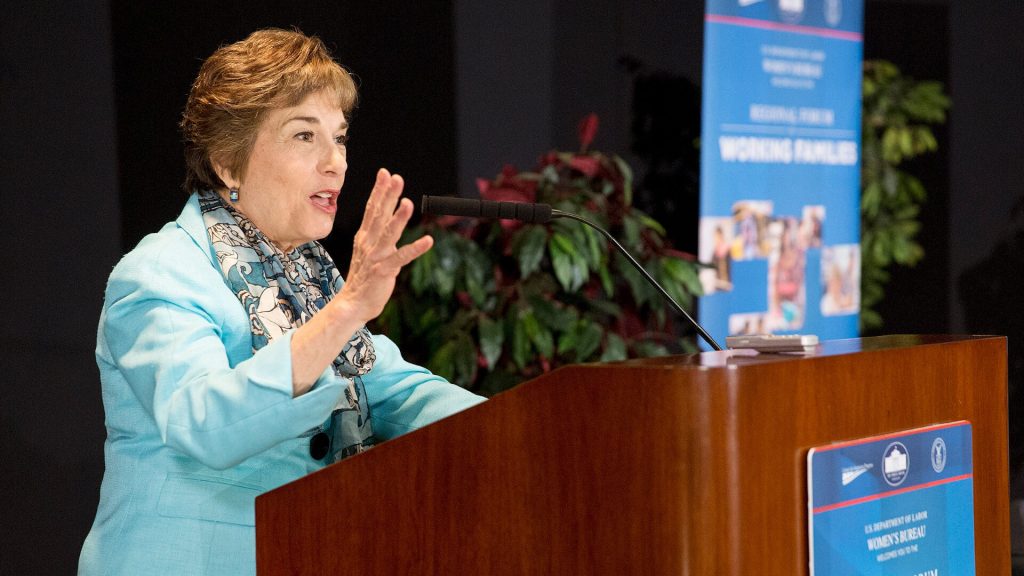
She believes that the rule is a losing proposition for everyone. For families, who have to lose their homes in order to pay massive medical expenses, and for taxpayers, who ultimately don’t see big returns from the recovery efforts. It’s a lose-lose situation, and one that Schakowsky believes needs to be rectified.
The System We Have
Unfortunately, in a deeply divided Congress, it’s unlikely that this bill to reverse the rule will garner the bipartisan support necessary to become a law. This is in spite of the fact that even the man who created the law acknowledges that it isn’t working, and is simply unnecessarily cruel.

It’s a sad lesson that nobody should have to learn, and too many Americans live in fear of. Medical debt should not be the crippling proposition that it is in this country, but until there are better options for public or single-payer healthcare, this is the system that we have to work with. Learning the rules and operating in them to the best of our ability is the best that most Americans can do.

